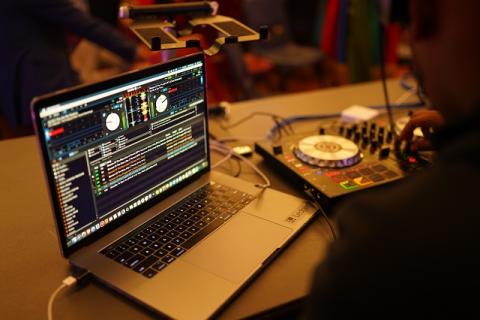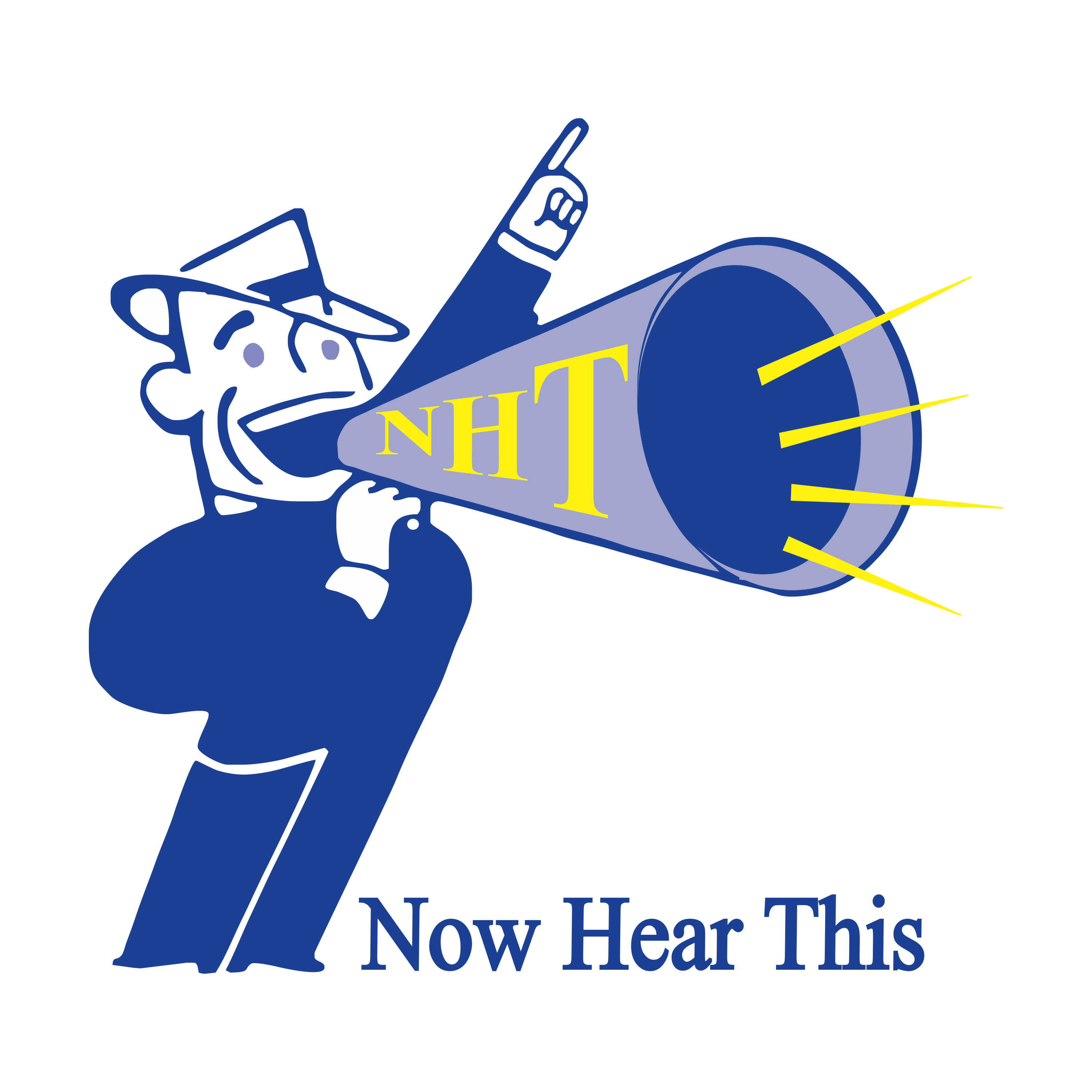
To be successful in the music industry today you need to be open to professional development, especially if you are an indie artist starting out. As our post ‘Indie Musicians: Admit and Then Get the Help You Need’ discussed, it is crucial to ask for help when you encounter challenges or setbacks in your career. It is also likewise important to adapt to the changing demands of the industry. Technologies such as digital recording software and internet-based streaming sites have changed the way people create, distribute, and market music.
That said, to keep up with the rapid innovations that are now prevalent in the music industry, those who aspire to succeed in the business should learn the right tech skills needed in their line of work. Here are a few you should know about:
1. Graphic design
The cover art for your single or album should make an appealing first impression to your listeners, especially in today’s age of music streaming platforms and social media posts. In a 2021 Print feature titled ‘Five Album Cover Designers To Follow On Instagram’, Chloe Gordon affirms that album covers say a lot about the music through their choice of color and typography. They can also compel a listener to further support an album.
Learning graphic design lets you create a cover that communicates what your music is all about. Digital tools like Photoshop are easy enough to learn and are ideal for photo editing, manipulation, and digital art. Canva is also a wonderful resource if you’re a beginner since it offers various templates and free fonts you can utilize in your cover. Whichever digital tool you decide on, remember to take the time to develop your vision and experiment to find the designs your listeners will engage with the most.
2. Digital marketing
Digital marketing has been used to simultaneously amplify a musician’s social media presence and boost their success. For example, music label Rich Mix leveraged Facebook data to increase fan engagement via an artist creating their own Facebook group to foster more authentic connections.
Aside from that, hinging on the data they gathered, the label could also diversify their content by adding Facebook live sessions, teasers, and announcements to satisfy fans’ preferences. It’s clear that through data-driven marketing, musicians can analyze the data from their listeners and markets to produce unique content that can enhance awareness about their songs or albums. One of the most straightforward ways you can do so is by identifying the channels that your listeners use most frequently. If they’re on Instagram or Twitter most of the time, then strive to improve your presence on those platforms through weekly lives or behind-the-scenes footage. Doing so means you can cultivate a stronger relationship with your audience.
3. Recording
Recording is a basic tech skill that allows musicians to produce their own sound. In this day and age, a rising number of musicians are using music production software—which allows you to edit, record, mix, and master audio files—to create better demos without the need to hire out a professional studio.
Now, you can begin by choosing a digital audio workstation that corresponds to your level of experience. Expert-level software such as Pro Tools can be daunting to use if you’ve only begun to sharpen your music-making skills. So instead, opt for a console that has a complete sound library, including presets for drums, guitars, and other percussion instruments. These features allow you to make songs right out of the box and record seamlessly without additional equipment.
4. Audiovisual programming
As it is, the music industry continues to place importance on audiovisual production. Case in point, artists like FKA Twigs, Mitsky, and Pharell Williams dropped music videos in 2022 that highlighted their storytelling abilities through stunning cinematography. Of course, you don’t need to shell out for huge production costs to achieve a compelling music video.
Audiovisual programming software enables you to produce music videos with ease and, consequently, helps you attract a wider audience in a creative manner. PowerDirector, for instance, is beginner-friendly and comes with numerous features, such as multi-cam editing and a wide range of audio tools. Similarly, Adobe Premiere Pro, apart from having AI-powered audio tools, also includes all-in-one color adjustment options which are ideal if you want a more retro feel for your music video’s concept. Ultimately, producing a great music video can enrich your audience’s listening experience.
Whether you are just starting out or are looking to expand your established audience base, the above skills are certainly worth looking into in order to be successful in your music career.
